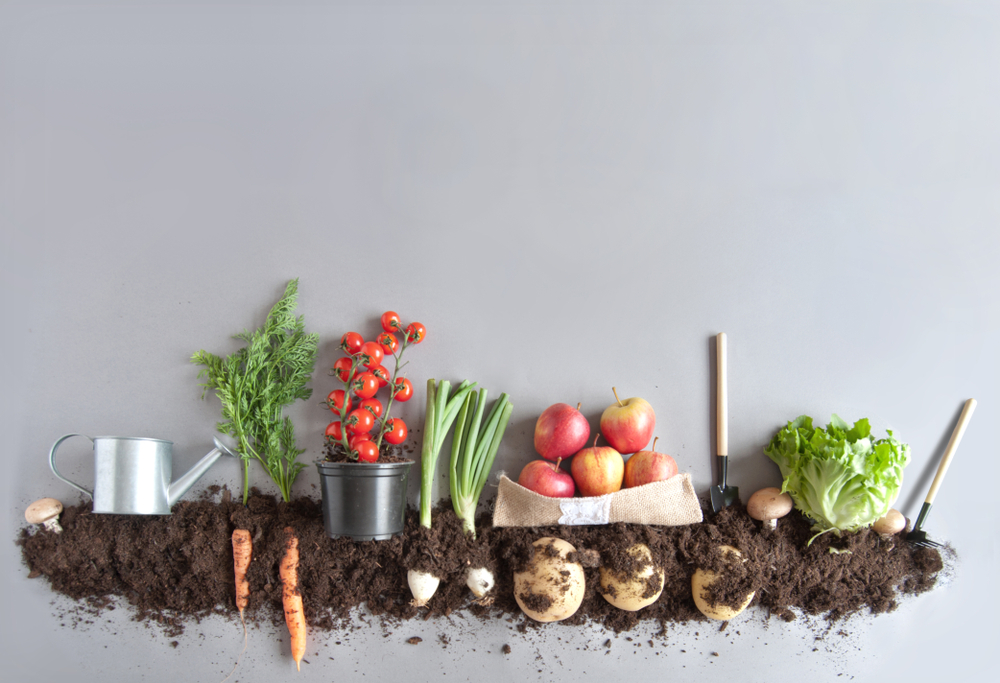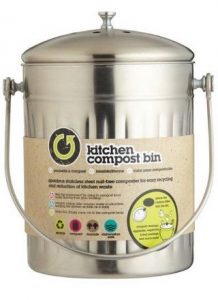
02 Nov Reduce Your Food Waste
We’ve all rolled our eyes while our mother’s have whined, “Don’t waste your food, there are children starving in (insert poverty-stricken country here).” But how far does our irresponsible consumption reach? Well, you’d be alarmed to find that western countries like America and the United Kingdom waste as much food as the continent of Africa produces – which is roughly 230 tonnes. Is it any wonder that garbage is literally weighing our planet down? Reduce your food waste by considering some of the tips we’ve listed below:
EDUCATE YOURSELF
It is said that the great aim of education is not knowledge but action. If you know what your food waste is actually doing to the planet, you might think twice about being so careless when disposing of it. In the same breath, if you are given advice about how you can limit your waste and shown how easy it is to be environmentally responsible, you’ll be harder on yourself if you don’t change your habits. Kate Turner, the author of My Zero-Waste Kitchen, gives green-living readers a guide to smart shopping and meal planning. There are also countless articles on the net, not too different from this one, that will give you simple but effective information about getting a handle on your food waste.
SAVE (AND ACTUALLY EAT) LEFTOVERS
You wouldn’t need to store leftovers if you ensured your serving portions were appropriate, but cooking in bulk is a great way to save energy in the kitchen. Having said that, pizza, pasta salad, chicken, chilli con carne and potato wedges taste so much better the day after you’ve had them for dinner. Store and label your leftovers so you can eat all the food before it goes bad.
SHOP AND STORE FOOD CORRECTLY
Everyone has felt the pangs of betrayal when the avocados that have refused to ripen all week are suddenly all ready-to-eat at once. To keep them from spoiling you have smashed avo and toast for breakfast, an avocado succotash for lunch and nachos with guacamole for dinner. If you don’t want this to keep happening to you, buying fruit that’s at different stages of ripening is something you should consider.
Making sure your groceries last as long as they should requires that you brush up on your knowledge of storage too. Bananas, potatoes, tomatoes, cucumbers and onions stay out of the fridge, while peaches and pears need to stay away from apples, peppers and leafy greens to prevent premature spoilage.
EXPIRATION DATES ARE GUIDELINES
If you’re reaching for your favourite breakfast cereal tomorrow morning and notice the date printed under the “Best Before” warning has already passed, don’t be alarmed. The expiry of a product speaks to the quality of it and not the food safety.
DONATE FOOD
One man’s trash is another man’s treasure, and this is especially true for food. Seek out local soup kitchens or feeding schemes and ask if you can help out through donating any food you can’t get through. By doing your part to ensure your fellow (wo)man has a warm meal at night, you’ll also be giving Mother Nature a break from playing trash can for a change.
DISPOSE OF YOUR FOOD WASTE ETHICALLY
If I see one more driver or car passenger throwing a soda can out their window during traffic, I wll riot. Just stop it. Recycle your metal, paper and plastic. Invest in an effective compost bin that will convert your food waste into earth nutrients to feed your garden with. There are so many alternatives to littering that people who insist on continuing the infuriating practice should be punished. The Waste Act 59 of 2008 stipulates that no person can spill, throw, dump or discard rubbish in a public place. So really, what litter bugs are doing is breaking the law.
GET CREATIVE
If you still think that the only way food can be consumed is if it’s been boiled, baked or braai’d then you need to get your head out of the freezer. Health enthusiasts have been blending vegetables and juicing fruits for decades. Water infusions are a great way of getting your daily dose of vitamins and minerals. If you have a stockpile of fresh produce then a homemade jam, chutney and other preserves would make great gifts for friends, and will certainly impress at your next company potluck. Dried apricots and pineapples are great amuse-bouche’s for your next dinner party if you’re willing to invest in a dehydrator.
Faithful to Nature is extremely passionate about zero-waste and plastic-free living. If you’re serious about converting to an eco-friendly lifestyle, Nadia Krige quips her 5 Takeaways from Zero Waste Home, written by Bea Johnson.
Related Articles
Sources:
http://www.fao.org/save-food/resources/keyfindings/en/
https://mashable.com/2015/02/15/food-waste-tips/#th9cRs0VZgqh
http://www.polity.org.za/article/national-environmental-management-waste-act-no-59-of-2008-2009-06-11





Pingback:Reducing Your Food Waste for Festive Season Hosting - Faithful to Nature Natural and Organic Blog
Posted at 11:54h, 02 November[…] has there been a better time to use herbs and spices from your personal garden. ‘Tis the season after all, so get festive with some great Christmas […]
Pingback:Climate Change is Real: 7 Simple Ways to Reduce Your Carbon Footprint - Faithful to Nature Natural and Organic Blog
Posted at 13:46h, 16 November[…] our article on reducing food waste to find out […]